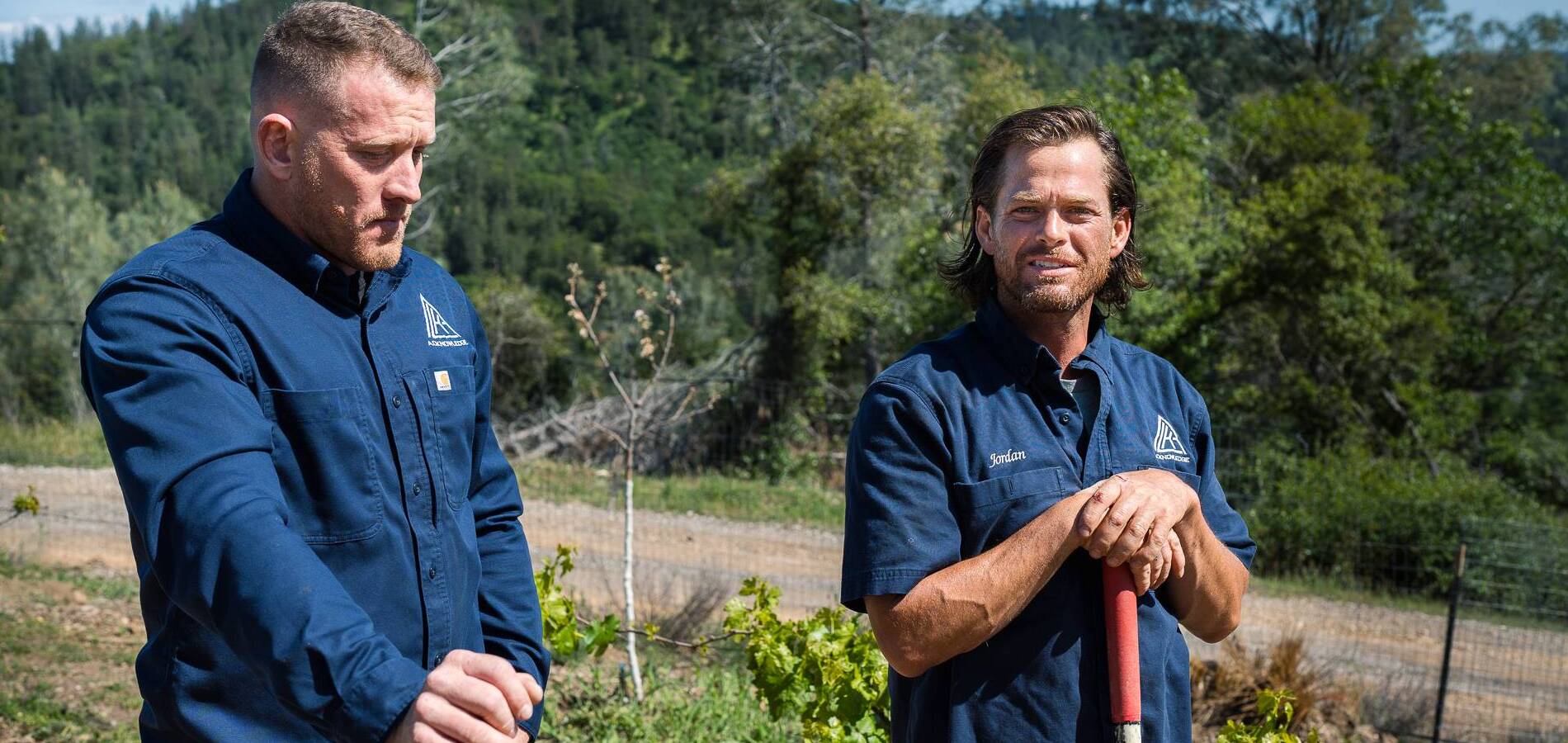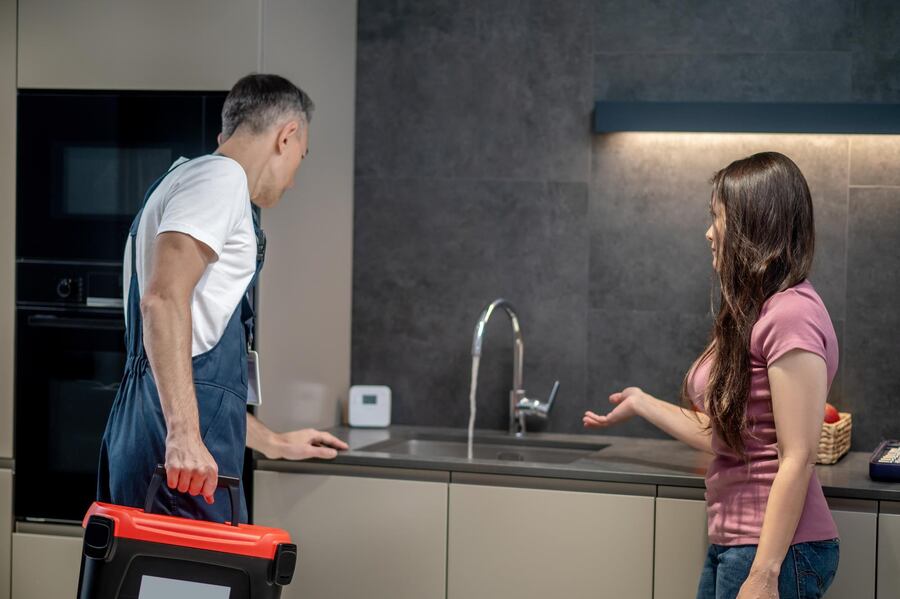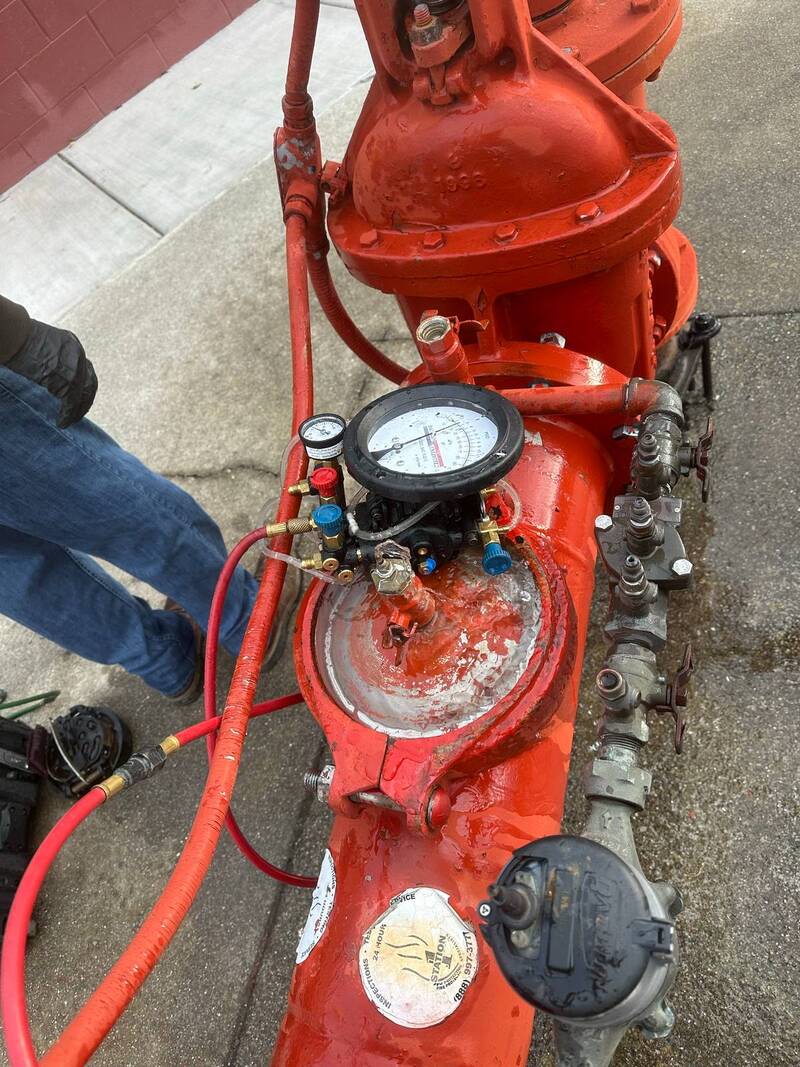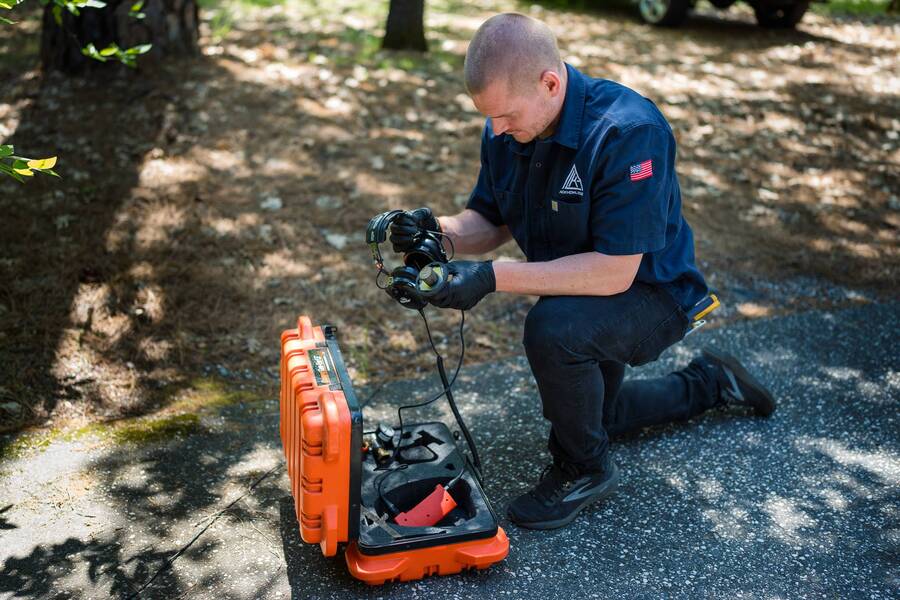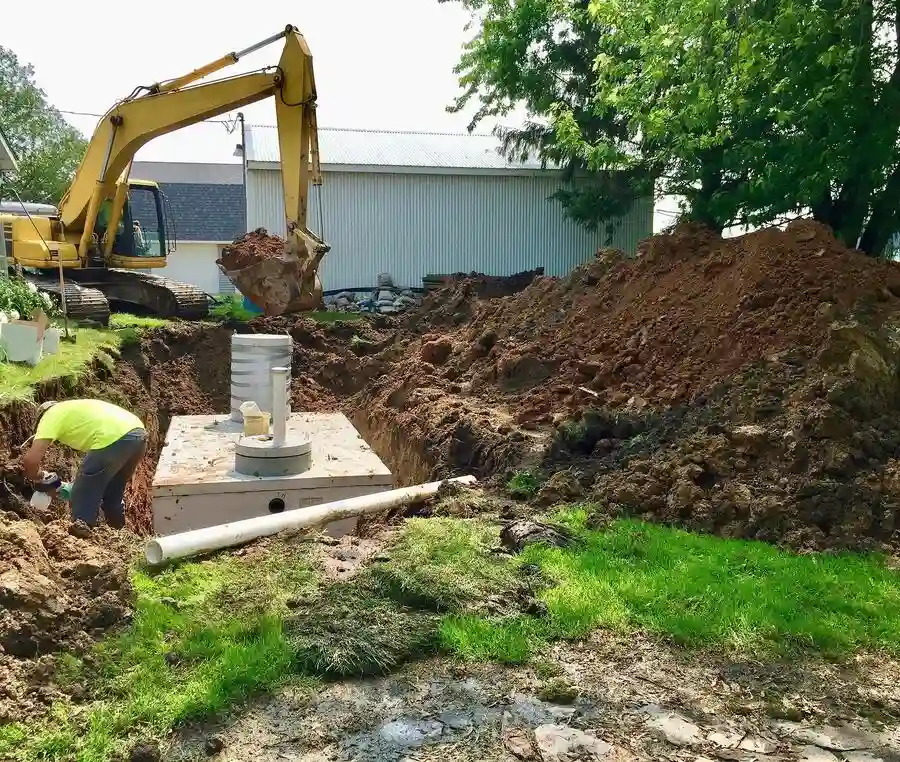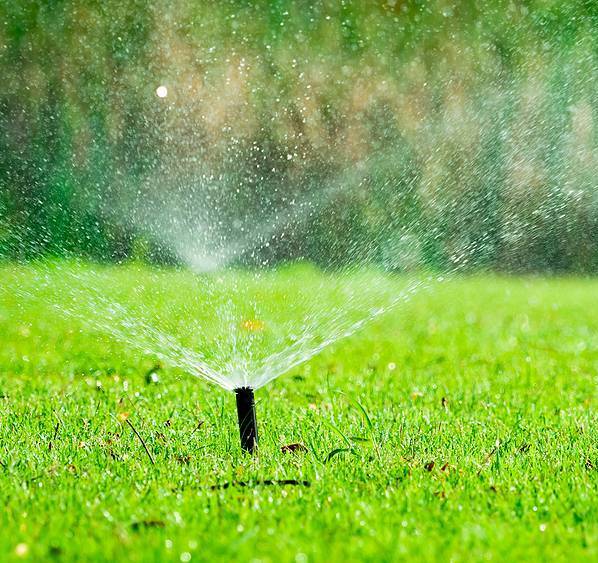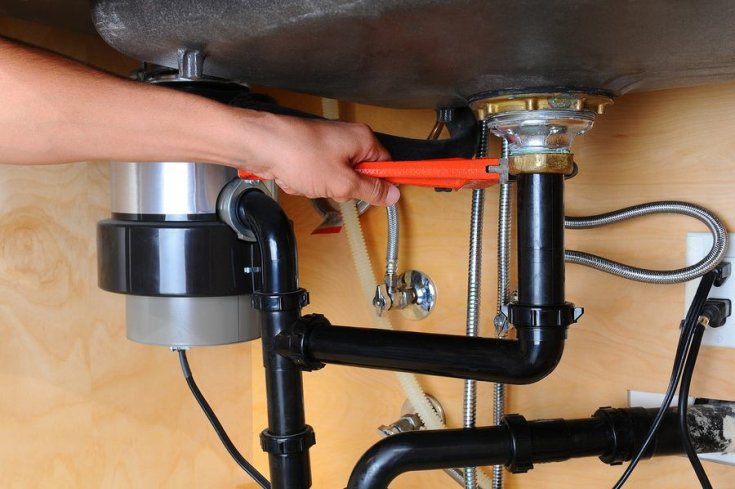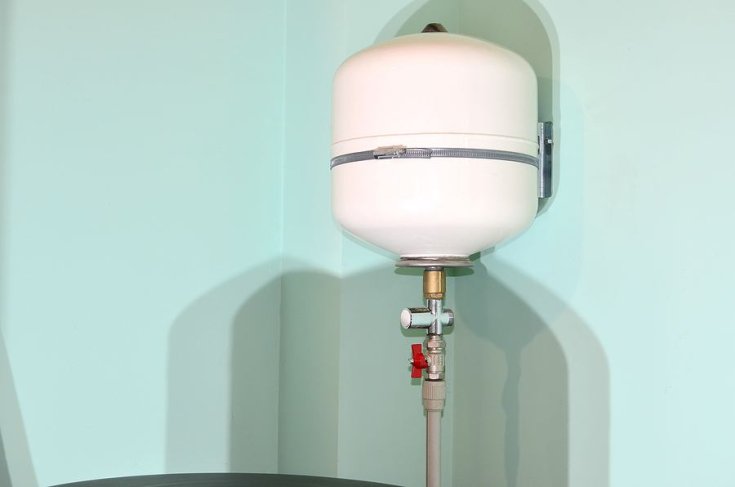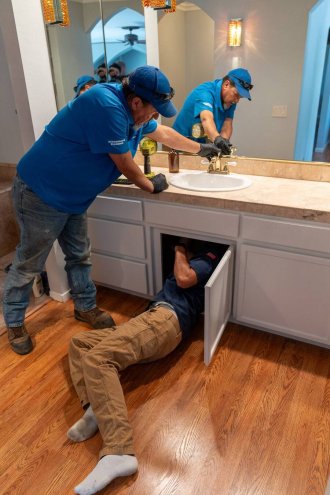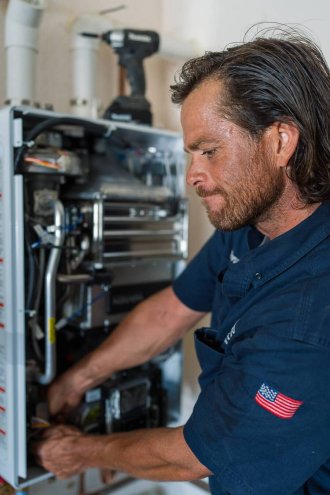Sep 21, 2025 Few things grind a household to a halt faster than a clogged kitchen sink. Are you tired of standing at the counter with the water refusing to drain and dishes stacking up? Many people assume it is bad luck or a one-off problem, but repeated clogs can point to habits in how the sink is used. At Acknowledge Plumbing, we see this every week, and the fixes are usually simpler than you might think. Before you call a plumber or schedule a plumbing repair service, it helps to understand what might be going wrong in daily kitchen use. Keep reading to find out where most clogs begin and what you can do differently.
Food Waste That Doesn’t Belong in the Drain
One of the biggest culprits behind clogs is food waste that should never go into a sink. People sometimes scrape plates directly into the drain and assume that water will wash it away. The problem is that many foods do not break down easily. Rice, pasta, and bread swell with water and form a sticky paste. Coffee grounds clump together and settle into a stubborn mass. Eggshells turn gritty and stick to grease. Pouring bacon fat or cooking oil into the sink may seem harmless while hot, but once it cools, it hardens into a waxy coating along the pipes. That coating traps other scraps and turns into a solid blockage. Even small amounts add up quickly. A better habit is to wipe pans with a paper towel and throw the grease in the trash, or collect it in a jar for disposal. Scrape plates into the trash or compost bin, then rinse them. This small step prevents most repeat clogs before they start.
Misusing the Garbage Disposal
The garbage disposal can give a false sense of security. Many homeowners think it can handle anything, but it was designed for small scraps, not a full plate of leftovers. Large amounts of food overwhelm the motor and jam the blades. Stringy items like celery or corn husks wrap around the mechanism and stop it from spinning. Potato peels, onion skins, and artichoke leaves slip through half-chewed and wedge in the pipes. Another mistake is running the disposal without enough water. The blades may chop the food, but without steady water pressure, the pieces stick inside the drain. Always let cold water flow before you flip the switch and continue for 15 to 20 seconds after turning it off. This flushes debris completely through the system. If your disposal is older, keep in mind that wear and tear limit its efficiency. Dull blades leave larger chunks behind. That is when a professional with kitchen plumbing experience can inspect the unit and tell you if a replacement makes sense.
Backflow happens when contaminated water from outside your pipes reverses direction and…
Read More Water leaks, whether apparent or hidden, are a homeowner's nightmare. They can…
Read More When expanding your living space with an Accessory Dwelling Unit or a…
Read More From unexpected backups to soggy lawns, the signs of a failing septic…
Read More Do you want to keep your lawn and garden lush and vibrant,…
Read More Our Services
Acknowledge Plumbing provides 24-hour residential and commercial plumbing repair & installation services in Sacramento County and all surrounding areas. Call our office now to schedule a nearby plumber.
Relying on Quick Fixes That Don’t Last
When the sink stops draining, most people reach for a liquid drain cleaner. It feels like an easy way to solve the problem, but those products are rarely a lasting solution. Chemical cleaners eat away at buildup, but they also corrode pipes, especially older metal ones. That damage makes leaks more likely. The clog usually returns because the cleaner only burns a hole through the blockage rather than clearing it completely. Some homeowners try plunging the sink without understanding how to do it correctly. When the other side of a double sink is open, pressure escapes and the plunger won’t work. Covering the second drain with a wet cloth creates suction and makes plunging effective. Without that seal, you just push water back and forth. Another common step people skip is checking the P-trap. That curved pipe under the sink often holds debris, and unscrewing it for a quick rinse can be the fastest solution. Still, if clogs keep forming, that is a sign that deeper sections of the pipe are coated with buildup. In those cases, calling a plumber in Orangevale prevents small issues from turning into emergencies.
Overlooking the Bigger Picture
Repeated clogs do not always come from what goes down the sink. Sometimes the problem is how the system was installed or how old it has become. Pipes that were never angled correctly allow water to pool instead of flowing freely. Older pipes may have corroded inside, which narrows the pathway. Tree roots can invade outdoor lines and catch everything that passes. These issues are not visible from your kitchen. That is where a plumbing repair service earns its value. A professional can run a camera through the lines, spot the problem, and clean it out with the right tools. They can also recommend changes if your kitchen plumbing needs to be re-pitched or replaced. Regular maintenance also matters. Even if you avoid grease and food waste, every sink benefits from a thorough flush. Running hot water with a little dish soap once a week helps wash away oils before they harden. Scheduling a professional cleaning once a year clears the buildup that you can’t see. These steps extend the life of your pipes and keep drains moving freely.
Keep Your Sink Running
Clogs are rarely a mystery. They happen because of habits, overlooked details, or hidden issues in the system. Changing what goes down the drain, treating the garbage disposal correctly, skipping harmful quick fixes, and paying attention to the bigger picture will help you avoid most of the frustration. When a deeper issue needs attention, make sure you call the right professional. Acknowledge Plumbing is here when your sink refuses to cooperate. Our team brings the experience, the right tools, and the know-how to clear tough blockages and keep your plumbing in good shape. When you need a plumber who understands the ins and outs of kitchen plumbing, give us a call and schedule your repair. We’ll keep your kitchen running the way it needs to.

